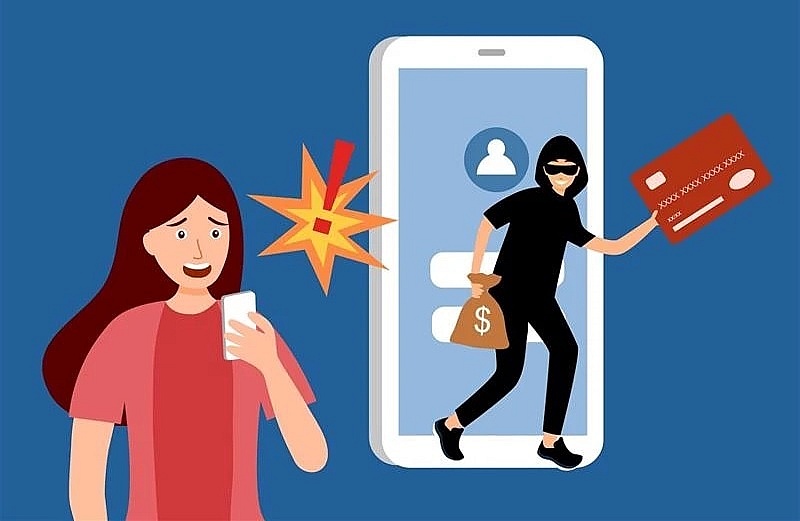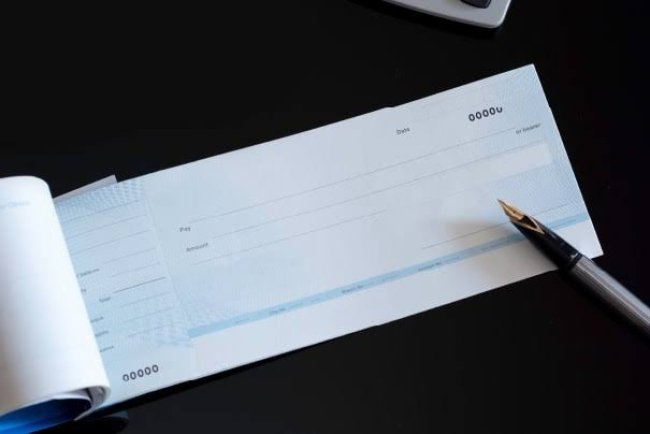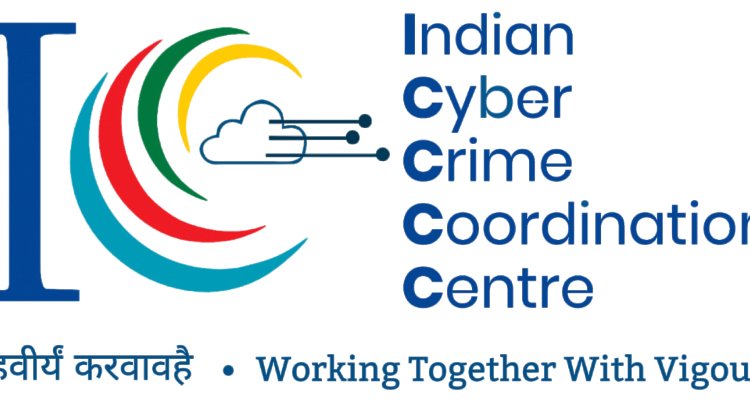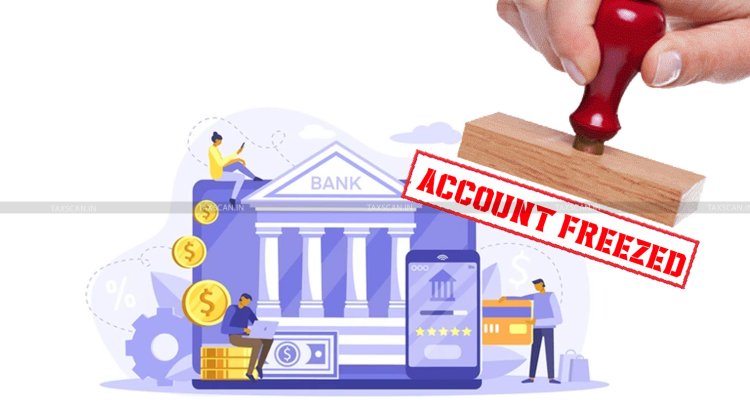A Delhi woman loses ₹47 lakh over a WhatsApp conversation in a KYC scam: How can I keep myself safe?
Renu Vishwanath, losing a massive Rs 47 lakh in savings due to a meticulously planned cyber fraud that began with a WhatsApp message.

The Growing Threat of KYC Scams: A Cautionary Tale from Delhi

The rise in online frauds, particularly those involving fraudulent Know Your Customer (KYC) verification procedures, has taken a disturbing turn. A recent case in Delhi highlights just how sophisticated these scams have become, with a 59-year-old former headmistress, Renu Vishwanath, losing a massive Rs 47 lakh in savings due to a meticulously planned cyber fraud that began with a WhatsApp message.
How the Scam Unfolded
Renu Vishwanath’s ordeal began when she received a seemingly innocent WhatsApp message claiming that her KYC verification was still pending. Shortly after, she received a call from a person pretending to be a bank official, who instructed her to complete her KYC process over the phone. The scammer's tone was convincing, and he even walked her through the steps, making it feel like a legitimate process.
The fraud escalated when Renu was asked to download an APK (Android Package Kit) file that was sent through a follow-up WhatsApp message. This seemingly harmless file contained malware—a form of malicious software—designed to remotely access her bank details. Once the malware was installed, the fraudsters were able to drain her account, taking a total of Rs 47 lakh.
The Growing Threat of KYC Scams
This incident underscores the alarming rise of cyber frauds that involve the use of fake KYC verification processes. Cybercriminals have become increasingly adept at using social engineering techniques to manipulate their victims into believing they are dealing with legitimate bank representatives. These scams are often executed with such precision that even the most cautious individuals can be duped.
Alay Razvi, Managing Partner at Accord Juris, emphasizes that banks will never ask their customers to download external APK files or use WhatsApp to complete KYC verification. “Fraudsters often create a sense of urgency, pushing users to act quickly and share personal information without considering the consequences,” he explains.
A Wake-Up Call for Everyone

Renu Vishwanath’s story is not an isolated incident but a growing example of how cybercriminals are targeting unsuspecting individuals through increasingly sophisticated methods. What makes these scams particularly dangerous is the way they exploit trust—the trust people place in banks and the standard procedure of KYC verification. In this case, the scammers were able to manipulate Renu’s sense of security and urgency, leading her to make decisions that ultimately cost her her savings.
As these scams continue to evolve, it is crucial for individuals to stay informed and remain cautious about any communication that seems out of the ordinary, especially when it involves personal banking information.
How Can I Keep Myself Safe?
To protect yourself from cyber frauds like KYC scams, it's important to follow some basic safety measures. Experts recommend the following steps to stay secure online:
-
Avoid Downloading Unknown APK Files:
If you're asked to download APK files via SMS, email, or WhatsApp, never download them. These files can contain malware or viruses that steal your personal information. Banks will never ask you to download APK files. -
Don’t Trust KYC Verification Requests on WhatsApp:
Banks do not use WhatsApp to ask for KYC verification. If you receive a message claiming to be from your bank asking you to complete your KYC via WhatsApp, it is likely a scam. Always complete KYC procedures through official banking channels or your bank’s official app. -
Avoid Unsolicited Calls:
If you receive a call from someone claiming to be a customer service agent, asking for personal details, be cautious. Such calls are often fraudulent, and scammers may use your information for illegal purposes. -
Don’t Click on Suspicious Links:
Fraudsters often send links that appear to be urgent banking notifications, courier tracking updates, or even wedding invitations. Never click on these links, as they could direct you to fraudulent websites or install malware on your device. - Report Fraud Immediately:
If you suspect you’ve fallen victim to a scam, report it immediately. You can call 1930 or visit the National Cybercrime Reporting Portal (www.cybercrime.gov.in) to file a complaint. The sooner you report, the better the chances of minimizing the damage and protecting others from similar scams.
Follow cyberdeepakyadav.com on
Facebook, Twitter, LinkedIn, Instagram, and YouTube
What's Your Reaction?























